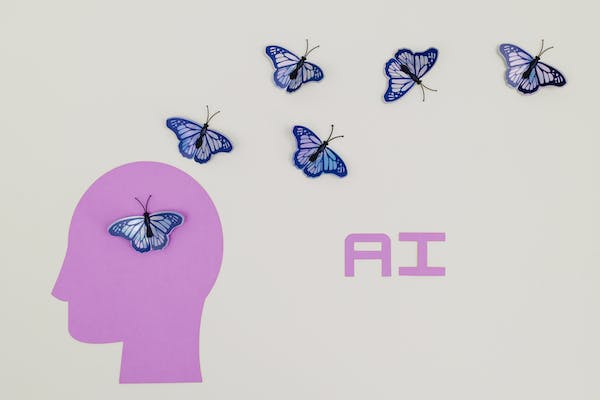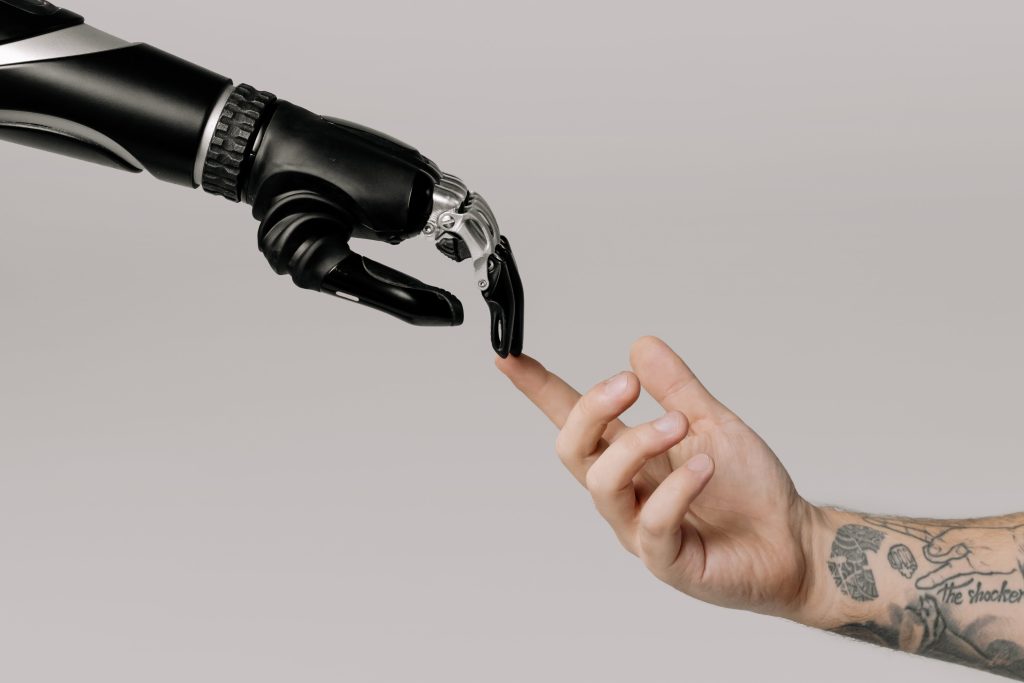How The Evolution and Privacy Threats Caused By AI Will Change The World In Future
Artificial Intelligence: what is it?
The capability of a computer with digital memories or a robot under computer control to carry out actions frequently linked with intelligent beings is known as artificial intelligence. Another way to define AI is
- A sentient being made by humans
- Able to carry out tasks intelligently even in the absence of clear instructions.
- Able to reason and behave in a humane manner.
Evolution of Artificial Intelligence
The way AI affect computers has a part in its impact on technology. With artificial intelligence, computers can leverage vast quantities of data and apply their acquired knowledge to quickly arrive at the best conclusions and make decisions in a fraction of the time that people would require.
Since 1951, when Christopher Strachey’s checkers programme from the University of Manchester’s Ferranti Mark I computer finished a whole game, artificial intelligence has advanced significantly. Since then, technology that depend on model- as well as algorithm-based machine learning and progressively place a focus on perception, reasoning, and generalisation have been developed using AI, including the simulation of human voice and RNA sequencing for vaccinations.AI has reclaimed the spotlight like never before thanks to advancements like these, and it has no intention of letting up anytime soon.
What industries will be changed by artificial intelligence?
Modern AI, or more precisely, “narrow AI,” which uses models trained on data to accomplish objective tasks and frequently falls within the purview of machine learning or deep learning, has already impacted almost every significant business. This is particularly true in the last few years, as solid connectivity, the growth of connected devices, and ever-faster computer processing have enabled a significant increase in data collecting and analysis. While some industries are just beginning their journey with AI, others have been there before. Both still have a ways to go. Nevertheless, it’s difficult to overlook the influence Artificial Intelligence will have on our daily lives today.
1. Artificial Intelligence in transport industry
One sector of the economy that is undoubtedly poised for significant AI development is transportation. The use of AI in transport will impact a number of areas, including self-driving automobiles and AI trip planners. Autonomous cars are not yet perfect, but eventually they will transport everyone from point to point.
2. Artificial Intelligence in the production industry
Artificial Intelligence has long proven beneficial to the manufacturing industry. The manufacturing sector has adapted successfully to the capabilities of artificial intelligence, as evidenced by the 1960s as well as 1970s automation and other production bots. These industrial robots usually assist humans in a small number of activities, such as assembling and stacking, while predictive analysis instruments ensure that machinery operates as intended.
3. Artificial Intelligence in medical field
Although it may seem improbable, AI healthcare will soon change how healthcare providers and patients communicate. Ai’s big data processing capabilities enable faster and more accurate disease diagnosis, more efficient drug research, and even patient monitoring via virtual nursing assistants.
4. Artificial Intelligence in educational sector
Artificial Intelligence for educational purposes will transform learning for people of all ages. Artificial intelligence uses artificial intelligence, natural language processing, and facial recognition to digitise textbooks, identify copyright violations, and measure students’ moods to discern who is having difficulty or is just bored. In the present and the future, artificial intelligence will customise the learning process to meet the demands of each learner.
5. Artificial Intelligence In media industry
Artificial Intelligence is being used in journalism as well, and it will continue being beneficial. The associated press’s usage of robotic insights, which generates thousands of profitable report stories annually, serves as one such. But as chatgpt and other generative artificial intelligence writing programmes hit the market, concerns about its application in journalism are growing.
6. Artificial Intelligence in customers service
Although most consumers hate receiving robocalls, artificial intelligence in the field of customer service can give the sector data-driven tools that offer valuable information to both the provider and the consumer. Virtual assistants and chatbots are examples of AI technologies that are transforming the customer service sector.
Privacy threats of Artificial Intelligence
Naturally, a lot of attention has been paid to the fact that AI’s dependency on massive amounts of data is already having a significant negative influence on privacy. Take a look at the antics of Cambridge Analytica on Facebook or the eavesdropping of Alexa by amazon, just two instances of technology gone awry. The critics contend that things would worsen if appropriate legislation and self-imposed restrictions are not put in place. Tim cook, the CEO of apple, lambasted Google and Meta in 2015 for their avaricious data mining practices.
In a 2015 address, he declared, “they’re devouring out all they can find out regarding you and attempting to monetize it.” “We believe that is incorrect.”
Cook discussed his worries in more detail later on, at a speech in Brussels, Belgium. He claimed that gathering enormous personal profiles to advance AI is inefficient and lazy. Artificial intelligence needs to respect human values, especially privacy, in order to be truly intelligent. There are serious risks if we make a mistake with this.
Many others concur. According to a 2018 research by the UK-based human rights & privacy organisations Privacy International and Article 19, worries about AI are limited to its applications rather than a catastrophic development like the arrival of robot overlords.
The authors acknowledge that large-scale data collecting can be utilised in benign ways, such as filtering out spam and recommendation engines, to attempt to forecast future behaviour. However, there’s also a serious risk that it will have a detrimental effect on people’s right to privacy and freedom from discrimination.



